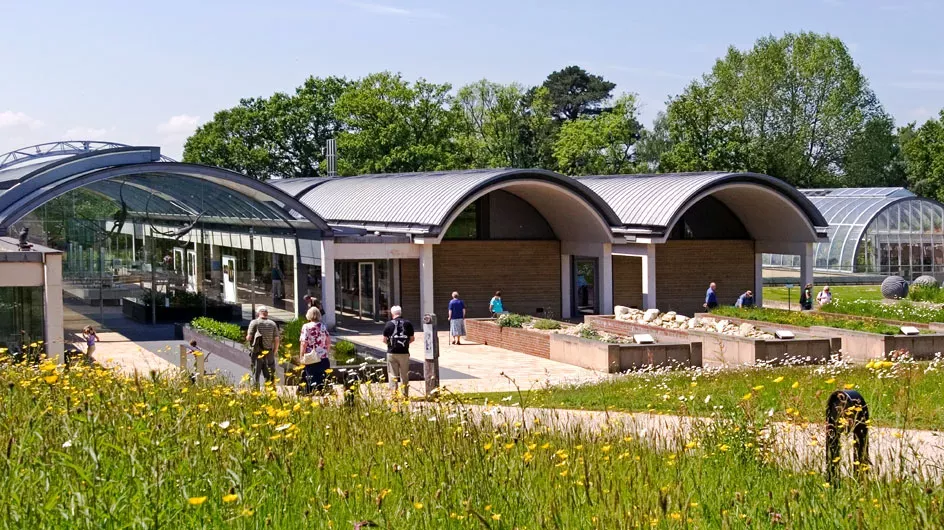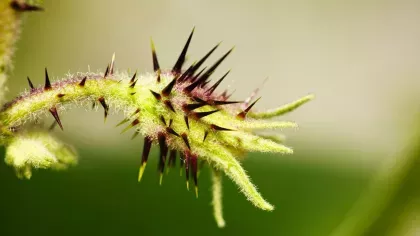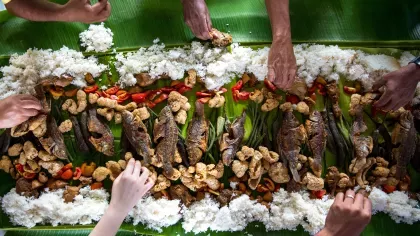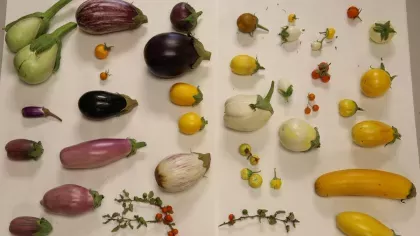5 December 2019
In Pictures: Stunning seeds up close
Check out the seeds of the plant heroes that could save our food from climate change.

Climate change and the growing global population are threatening our food systems.
The wild cousins of our crops are helping us to fight back and secure our food supply.
Useful traits found in crop wild relatives can help breeders to develop more resilient crop varieties.
Kew has been working in collaboration with the Crop Trust on a global initiative to collect and conserve the seeds of crop wild relatives.
This will ensure their long-term survival and availability for breeding and research in the future.
Let’s look at the seeds of five crop wild relatives from around the world that we are conserving in Kew's Millennium Seed Bank (MSB).
The striking colourised images of seeds were taken from under a scanning electron microscope by the visual artist, Rob Kesseler.
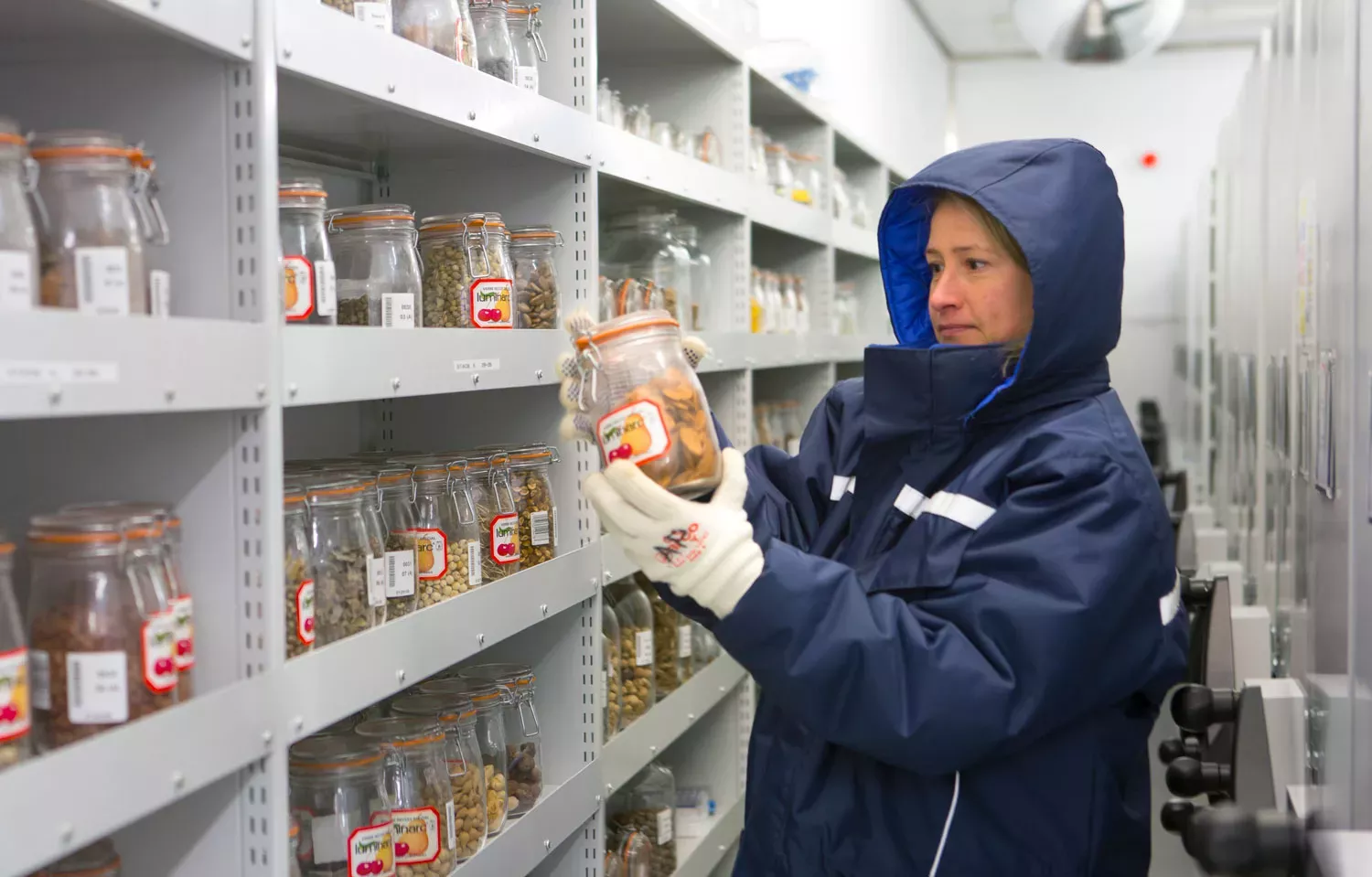
Daucus carota
The clue is in the name. Daucus carota is a wild relative of carrot.
Its roots are small, pale and wiry, bearing little resemblance to the cultivated carrot, but it does share the same distinctively sweet smell.
Daucus carota could provide the necessary genetic material required to breed new edible carrot varieties that can tolerate environmental stresses such as rising temperatures and droughts.
Did you know? The orange carrot variety which populates supermarket shelves originated from around Afghanistan, Pakistan and Iran and was dark purple in colour.
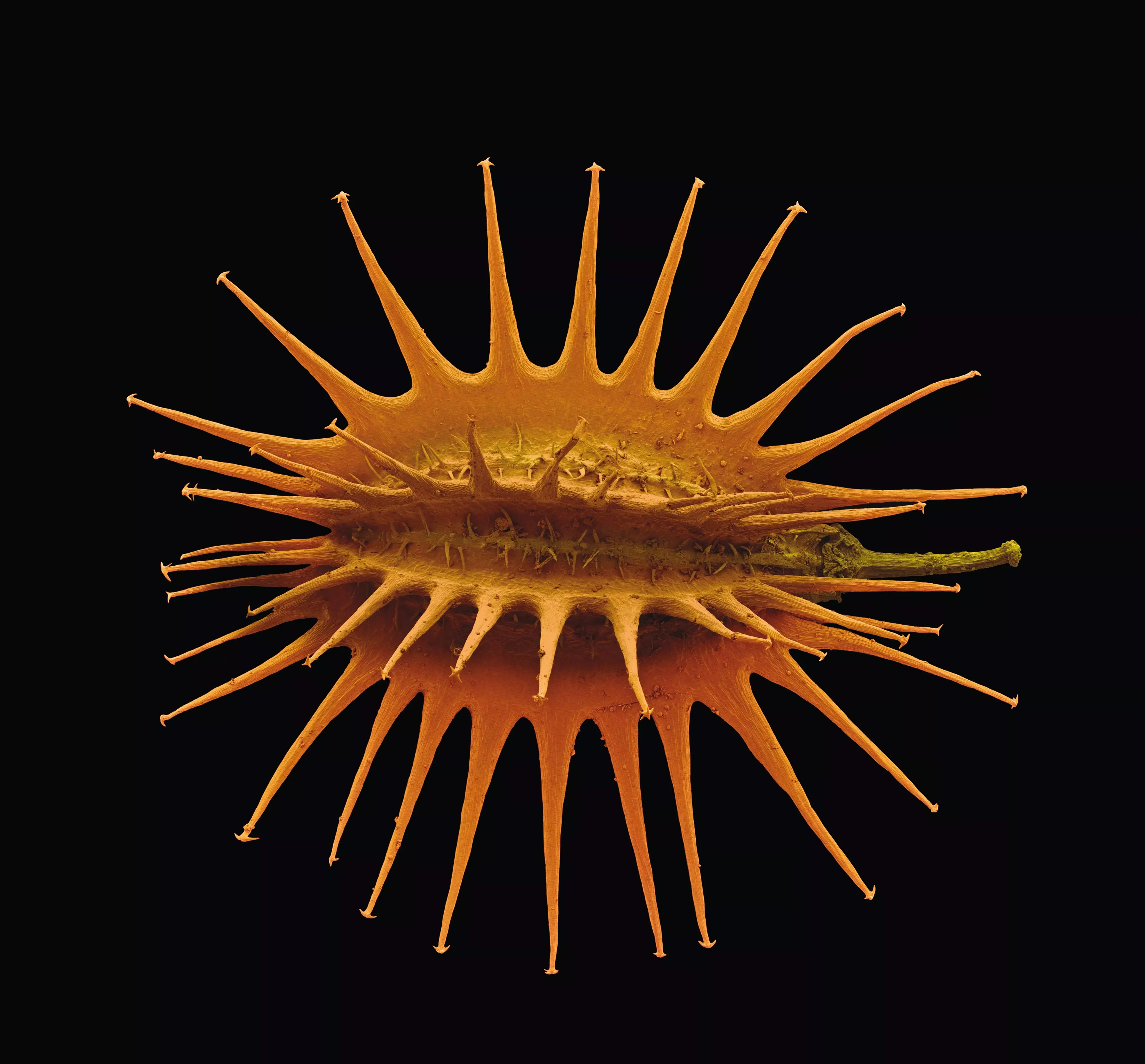
Musa acuminata
Musa acuminata is the wild ancestor of the banana, which originated in Southeast Asia and western Pacific regions.
The banana is a staple crop which provides a vital source of energy and nutrients to millions of people worldwide.
In the 1950s, Panama Disease almost wiped out a cultivated variety of banana, the Gros Michel.
Today, the most commonly eaten bananas, Cavendish bananas, are under threat from the same disease.
Domesticated banana varieties are seedless and depend on a method of propagation that makes them genetically identical and highly susceptible to pests and disease.
Wild relatives of the banana, such as Musa acuminata, have the genetic diversity and disease-resistant traits needed for breeders to develop new and improved banana varieties.
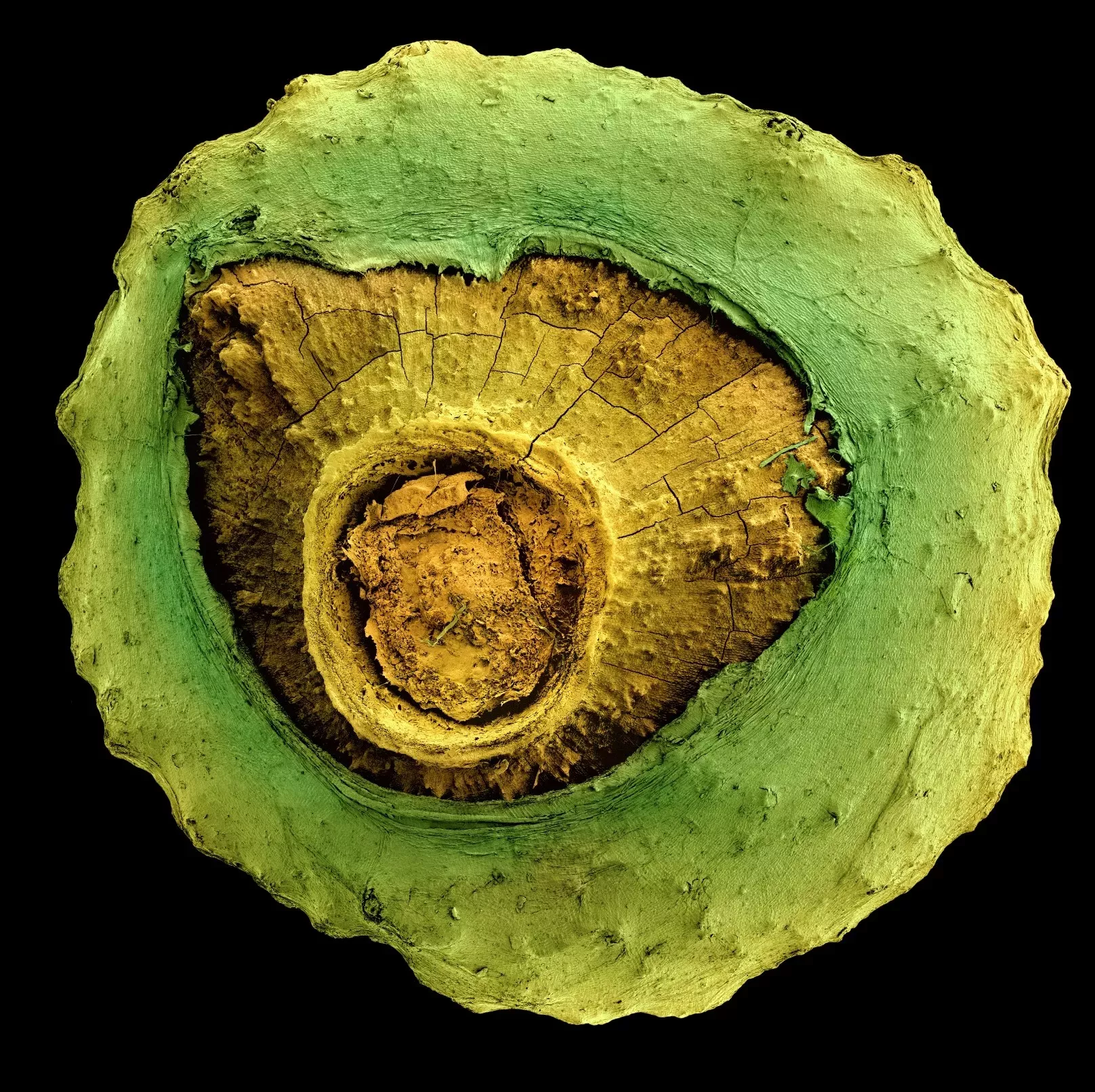
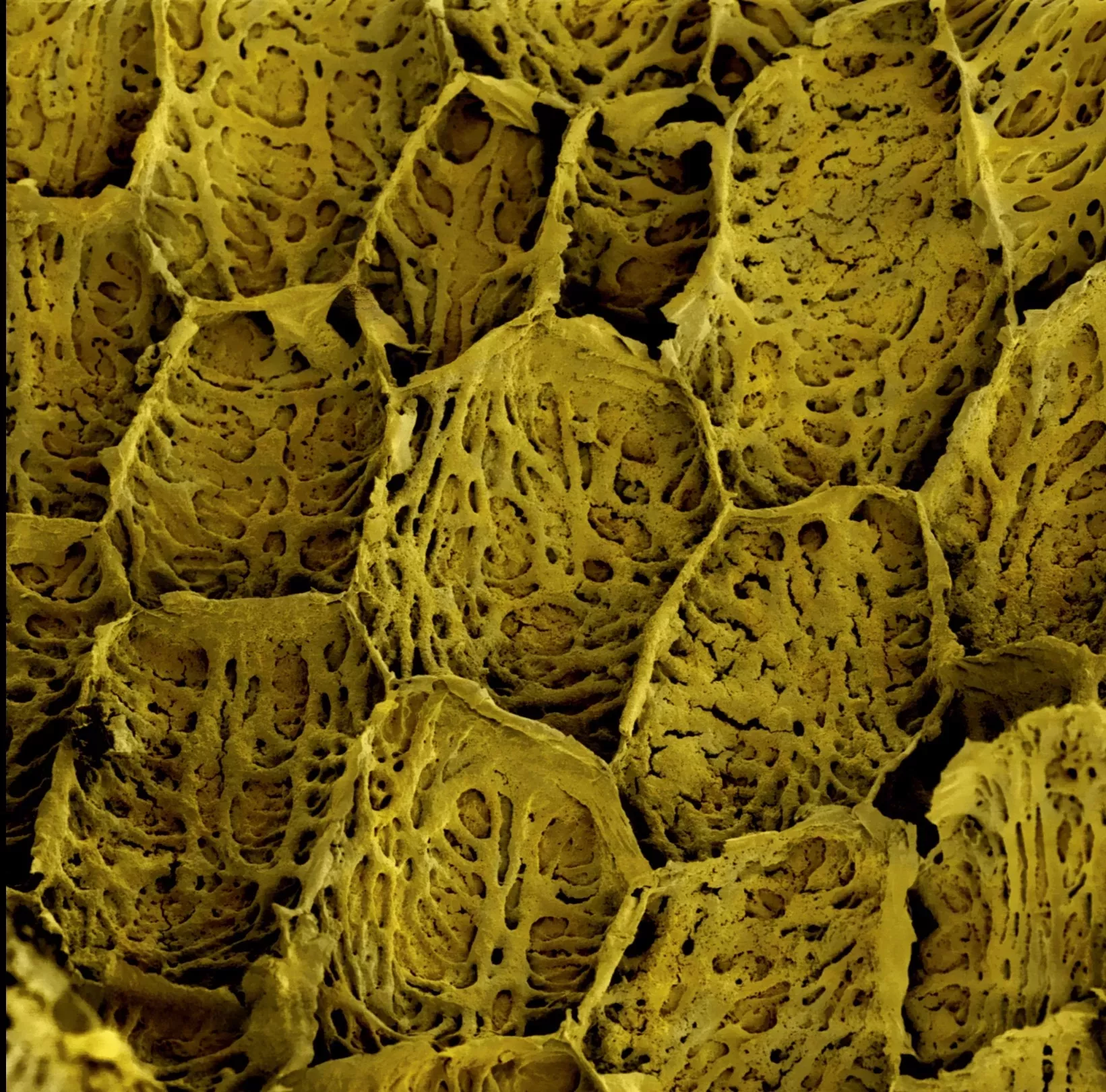
Aegilops tauschii
Wheat is the most widely grown crop in the world and a crucial contributor to global food security.
Bread wheat (Triticum aestivum) and durum wheat (Triticum turgidum) are the two main cultivated wheat species.
Climate change is predicted to threaten wheat and so it is vital to harness the genetic traits of wild relatives to produce more resilient wheat varieties into the future.
Aegilops tauschii, commonly known as goatgrass, is one of the important crop wild relatives of wheat that is found in temperate Asia and the Caucasus region.
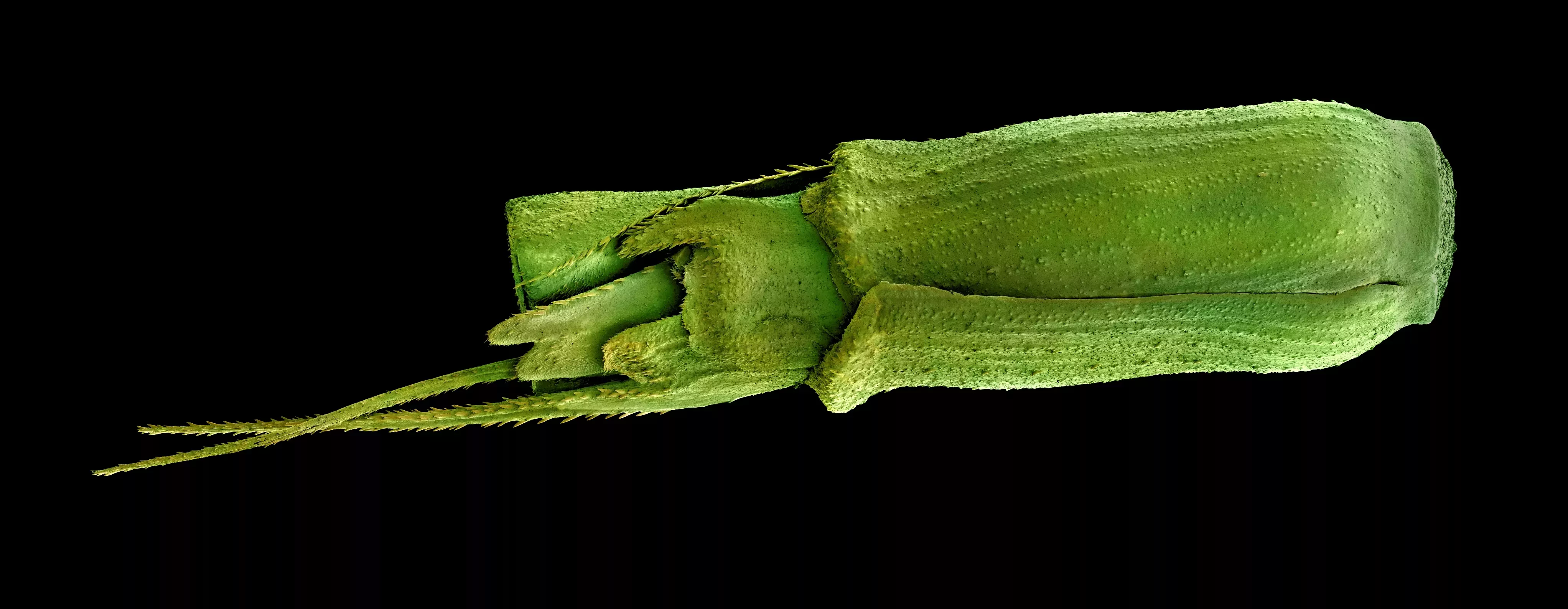
Avena fatua
Avena fatua is a wild cousin of the staple oat crop, Avena sativa.
It is resistant to a number of diseases that can affect cultivated oat crops and therefore is a vital genetic resource for future breeding programmes.
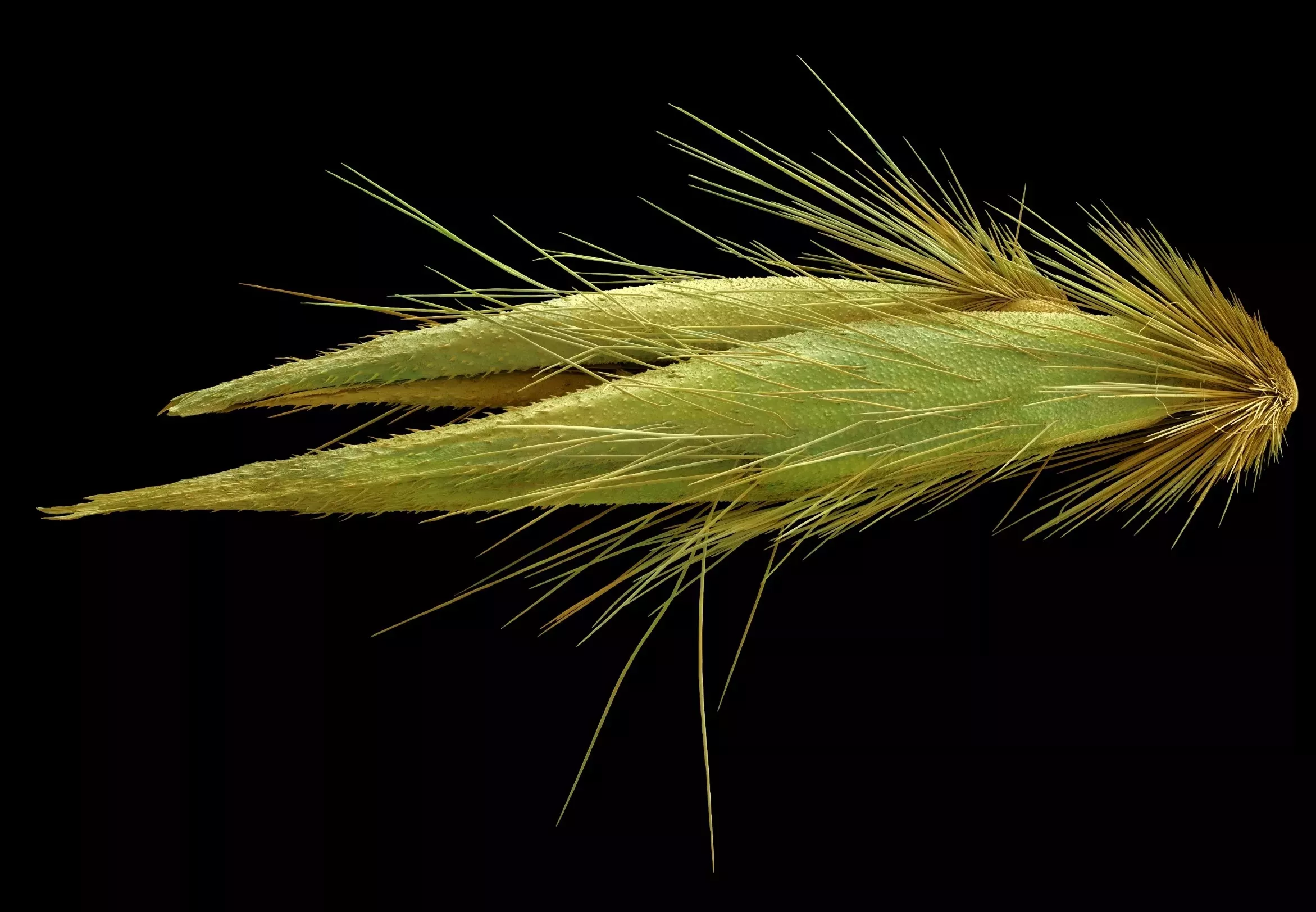
Medicago rotata
Medicago rotata is a wild relative of Medicago sativa, commonly known as Alfalfa.
Alfalfa is used to feed livestock in more than 80 countries.
Climate change is posing a huge threat to Alfalfa production in the desert regions of Central Asia and northern Chile.
As water availability declines, drought-tolerant Alfalfa varieties, such as Medicago rotata, will become an essential resource.
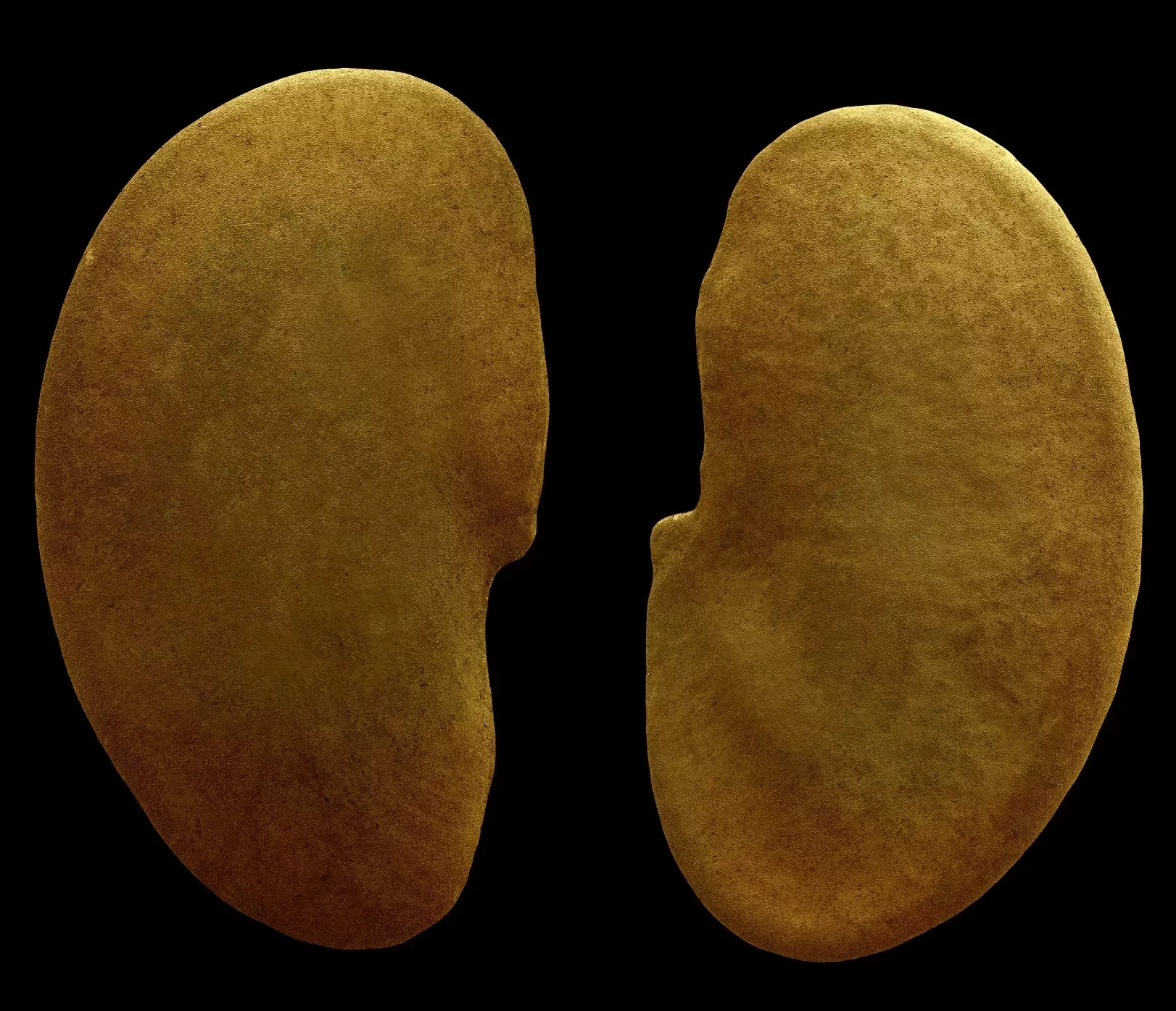
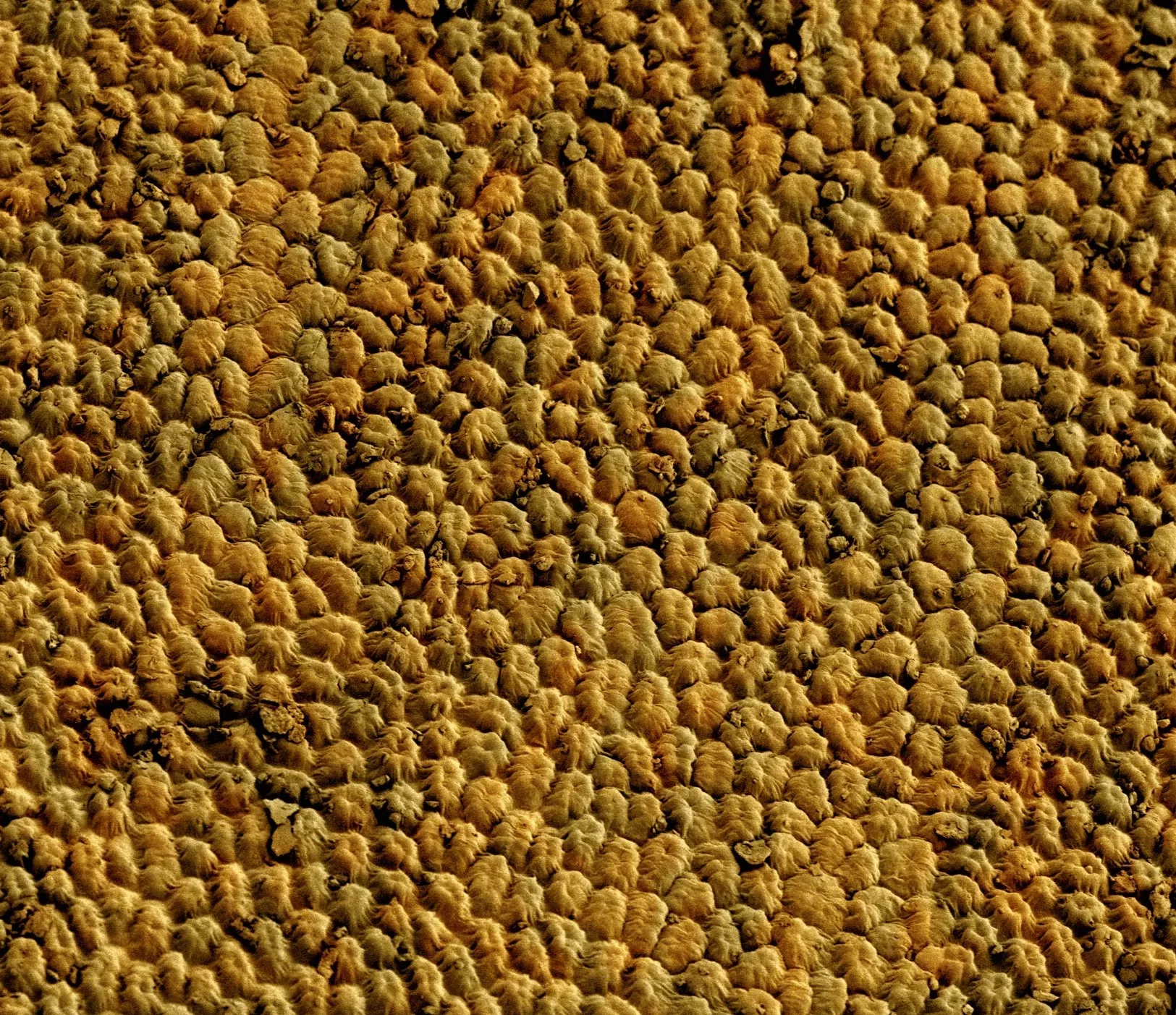
These tiny seeds could have a huge impact.
We all rely on food, and crop wild relatives are essential to secure the future of our nutrition.
